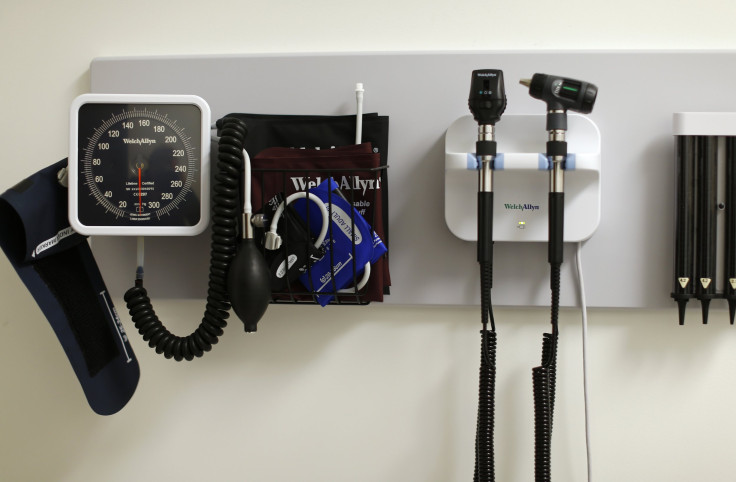Diabetes Damages Cognitive Function

Type 2 diabetes may decrease certain cognitive abilities, known as executive functions, research has found. Type 2 diabetes is associated with bad performance on cognitive tests, measuring abilities involved with the control of emotions, behaviour and thought, according to the findings published in the journal Psychosomatic Medicine.
Researchers conducted a statistical summary of available studies that examine the link between type II diabetes and a reduction in certain cognitive abilities, known as executive function. The study, led by Corrie Vincent from the University of Waterloo in Canada, reviewed 60 bodies of research and compared 9,815 individuals with type 2 diabetes to 69,254 controls without it and examined their performance on measures of executive function.
Executive functions inhibit habitual thinking patterns such as knee jerk emotional reactions and reflexive behaviours like making impulse purchases or automatically following social cues. Executive function is particularly important because we rely on it when we are attempting to behave in a way that is contrary to our natural inclinations or what the environment impels us to do.
The types of behaviors that are recommended to help individuals control type 2 diabetes are all things that do not come naturally to most people. Health professionals encourage those with the disease to monitor their diets, check their blood sugar and regularly take their medication. Humans have a greater preference for high calorie foods and to resist medical routines that are inconvenient or time consuming.
Many with type 2 diabetes are unable to manage their disease. Effective diabetes management relies heavily on executive function. The researchers concluded that people with type 2 diabetes may be hit with having more need for executive control but possibly because of the disease’s effect on the brain, they have less intact resources for exerting it.
About 600 million people live with type 2 diabetes worldwide, with nearly 800 million cases expected by 2030. There are a few things that can help optimise the brain structures that support executive function. Aerobic exercises and cognitively challenging activities, such as learning new things, solving difficult puzzles and other problem-solving activities help to sharpen the brain, according to senior author Peter Hall, professor at the University of Waterloo.
To contact the writer, email: sonali.raj@gmail.com





















